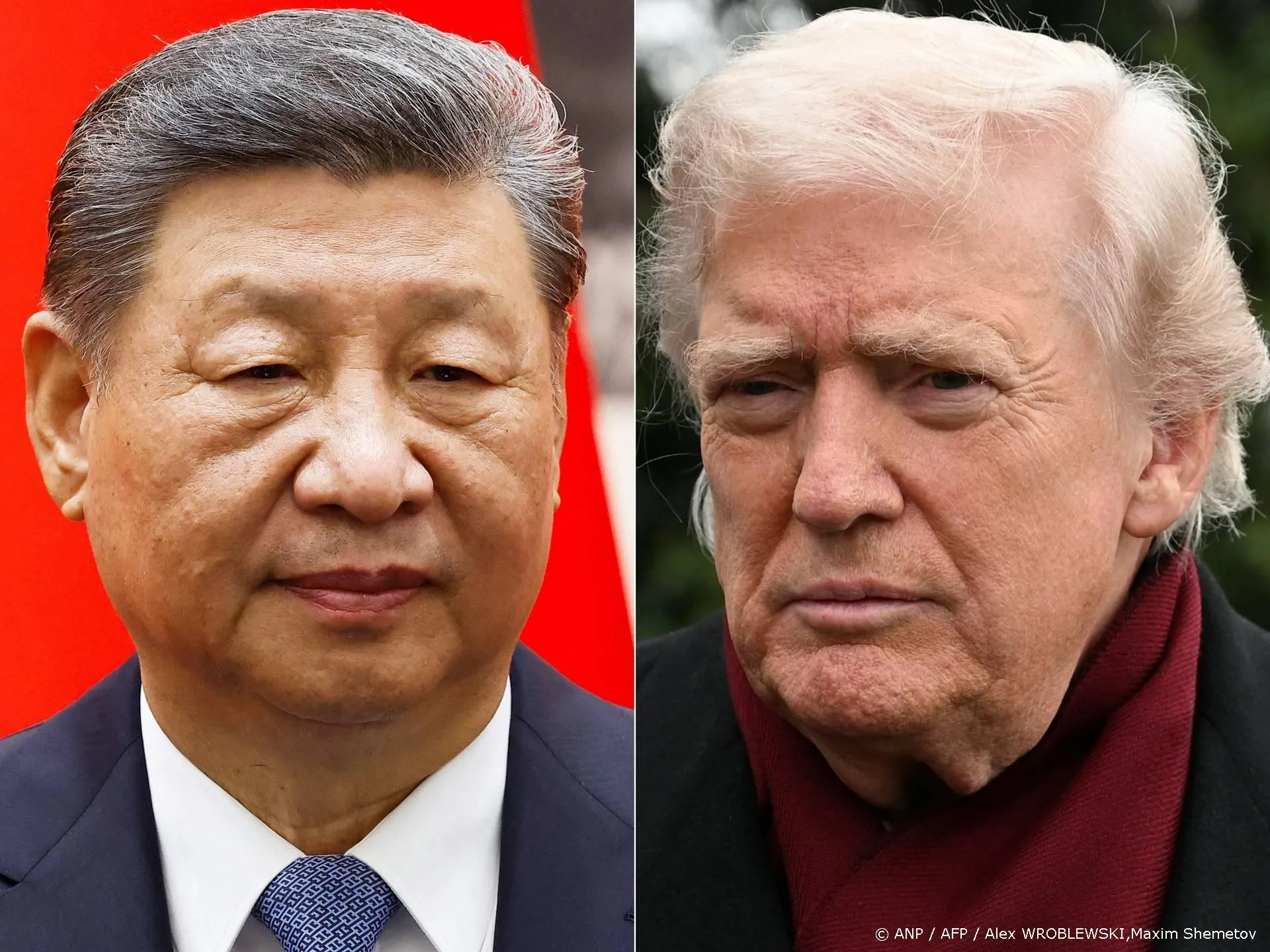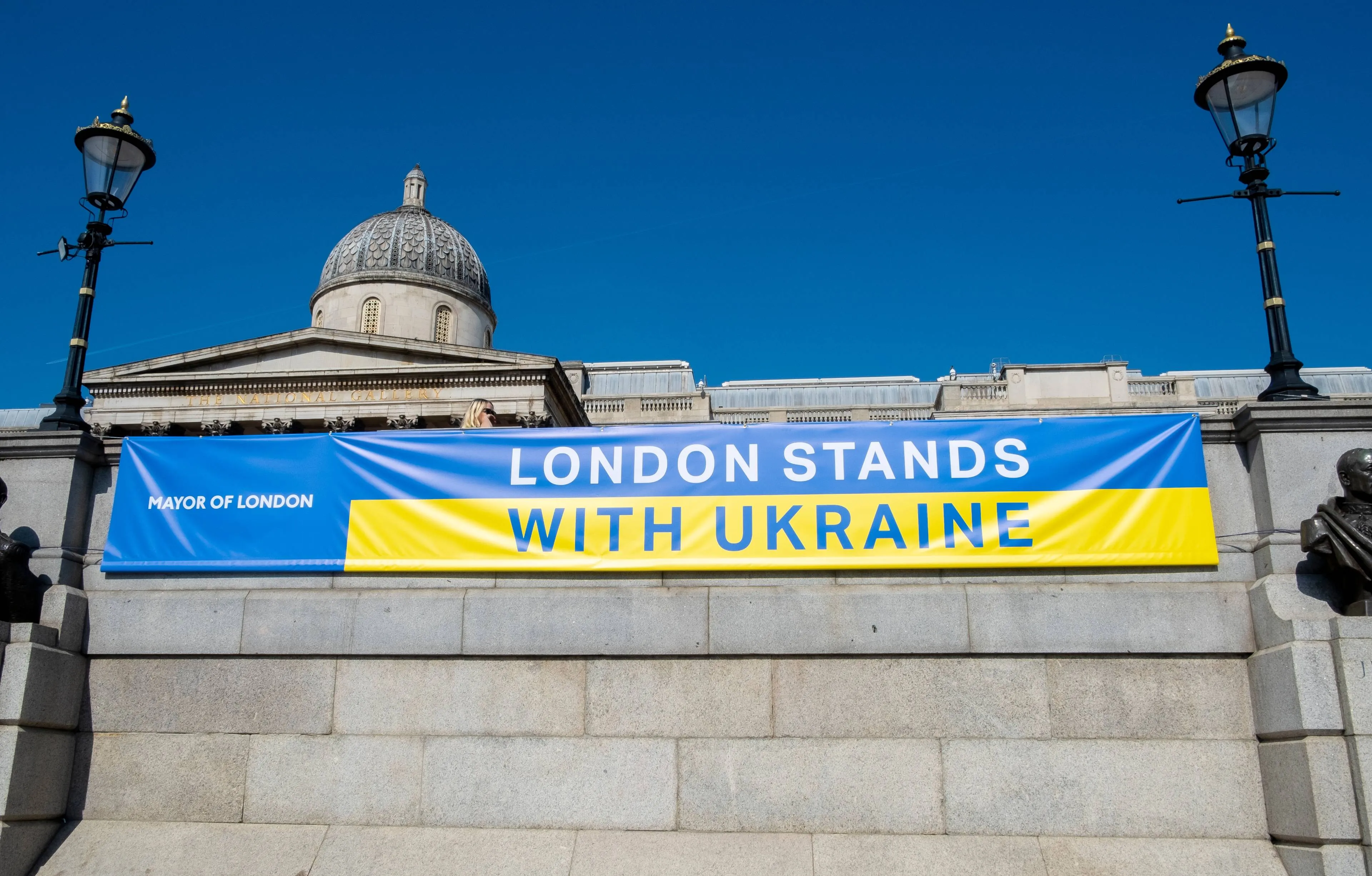Britse energieminister, Greg Barker, verzet zich tegen 'groene Taliban'
Het begon zo mooi. Deze Britse regering zou de groenste ooit worden. Maar nu zijn de groenebroodsweken voorbij. De Britse minister voor energie, Greg Barker, noemde de milieubeweging zelfs de 'groene Taliban'. Ondenkbaar in Nederland.
Barker verzet zich tegen de krachten die Groot Brittannië, dat ooit de wieg was van de industriële revolutie, thans willen transformeren tot het graf daarvan.
Wat is er misgegaan?
Onder de titel, 'Britain's Climate Minister Rounds On Environmental Taliban', rapporteert Pilita Clark in de 'Financial Times':
Britains climate change minister has rounded on the environmental Taliban of green campaigners, insisting they are wrong to accuse the government of abandoning its commitment to an ambitious low carbon agenda. There is nothing environmental about exporting manufacturing jobs abroad, said Greg Barker, in a sign of the dilemma ministers face as they confront mounting industry concerns about high energy prices in a weak economy, having vowed to try to be the greenest government ever.
The chancellor, George Osborne, riled green activists in the November autumn statement, when he unveiled a £250m package to help ease the impact of climate policies on heavy electricity-consuming companies, saying we are not going to save the planet by shutting down our steel mills.
At the same time, ministers infuriated the solar industry by hastily moving to stem a rush on household solar panel installations by halving the subsidies paid for such systems. Friends of the Earth successfully challenged the solar subsidy cuts in court, while Greenpeace labelled the autumn statement a polluters charter and said the chancellor had effectively destroyed any remaining credibility of the coalition as a friend of green jobs, green growth and protection of the environment.
Mr Barker, who has led the contentious efforts to rein in solar generation costs, told a manufacturing debate in Westminster last month he was fed up with the environmental Taliban criticising ministers efforts to address legitimate industry concerns. He also said the new mantra at his Department of Energy and Climate Change was decarbonisation not de-industrialisation.
Explaining his debate comments in an interview with the FT, Mr Barker said measures such as the £3bn Green Investment Bank, sweeping electricity market reform, a carbon price floor and a Green Deal encouraging household insulation were all evidence the governments enthusiasm for green action was undimmed. But he acknowledged that there had been a shift in focus in recent months. There is a change, and that is towards better value for money and greater financial rigour, he said. We recognise that in tough times the green economy doesnt fit in a silo on its own, as some in the green lobby seem to think it should. Its entirely right we should be mindful of the impact on consumer bills.
Lees verder hier.
In de politiek verandert eerst de retoriek daarna het beleid. Er wordt nu geknabbeld aan de randen van het milieu/klimaatbeleid. Maar dat is onvoldoende om financiële en economische malheur te voorkomen. Verwacht dus meer geknabbel in de toekomst.
Voor mijn eerdere DDS-bijdragen, zie:
http://www.dagelijksestandaard.nl/users/hans-labohm/track
Ga verder met lezen
Dit vind je misschien ook leuk
Laat mensen jouw mening weten
Lees ook
Loading


